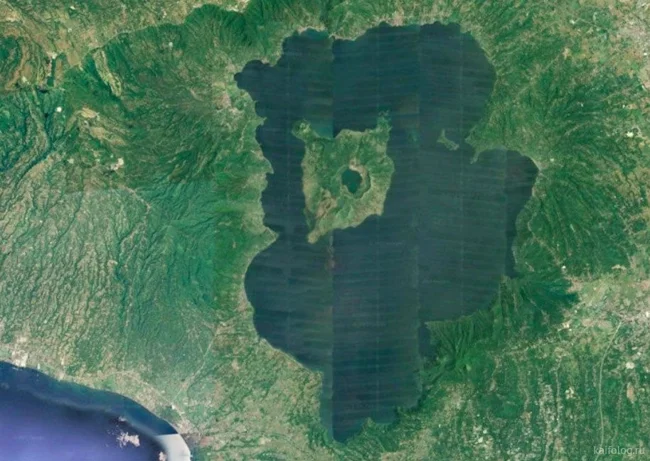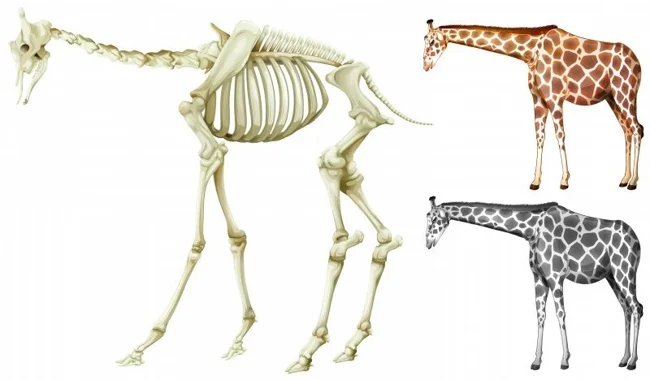How much do you know about our world? Here is a selection of unexpected facts about everything in the world. Live with them. 
In the film “Ivan Vasilyevich Changes His Profession” there is an episode where the Tsar changes from his sables into a tracksuit and says: “Oh, demonic clothes... ugh!” In fact, this phrase has another irony: Yuri Yakovlev dressed in a suit with the emblem of FC Dynamo, and the actor himself was a fan of Spartak. 
On Canada's Victoria Island there is a lake on which there is an island on which there is a lake on which there is an island. 
Entry to Karl Marx's grave at Highgate Cemetery in London costs £4. 
Psychologists have found that chimpanzees and orangutans fall into approximately the same emotional state as people during a midlife crisis, which indicates primarily biological reasons for this phenomenon. 
There is not a single natural spring with mineral water in the city of Mineralnye Vody. 
The Vatican officially recognized that the Earth revolves around the Sun only in 1992.
In 1921, there were 2,024 widows under 5 years of age in India and 97,857 widows under 10 years of age. At the same time, Hindu tradition prohibits second marriage after the death of the husband. 
Ray Bradbury's novel Fahrenheit 451 was first published in Playboy magazine in 1953. 
Guinea is such a poor country that in the evenings, diligent students flock to Conakry airport - it is one of the few illuminated public places in the country, and you can study for free at night.
Malta is the only country in Europe where there are no sources of fresh water. Drinking water is brought mainly from Italy, technical water is obtained from the sea through desalination. 
The sum of all numbers on the roulette wheel is 666.
The average cloud weighs about 500 tons, the same as 80 elephants. 
Until the 17th century, thermometers were filled with cognac. 
Drivers kill more deer than hunters.
The most difficult phobia to treat is fear of fear.
Giraffes and humans have the same number of cervical vertebrae. 
The jaws of the Tasmanian marsupial wolf, or thylacine, whose population was completely wiped out in the early 20th century under the pretext of its danger to sheep farms, were too weak. Therefore, he could not hunt sheep. 
0 comments
